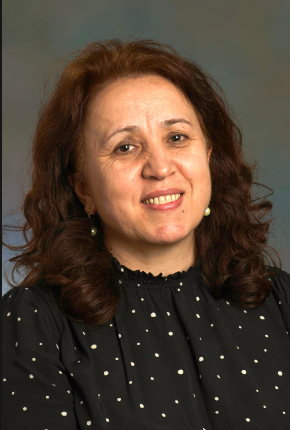
Wade Harper, Ph.D.
Wade Harper, Ph.D., is the B and N Vallee Professor of Molecular Pathology, a Professor of Cell Biology, and the Chair of Cell Biology in the Blavatnik Institute at Harvard Medical School. He received his Ph.D. in Chemistry from Georgia Institute of Technology, prior to performing post-doctoral work in protein biochemistry of growth factors at Harvard Medical School. He joined the faculty in the Department of Biochemistry and Molecular Biology at Baylor College of Medicine in 1988 and subsequently moved to the Department of Pathology at Harvard Medical School (in 2003) and to the Department of Cell Biology in 2011.
The Harper Lab studies mechanisms underlying cellular homeostasis and signaling, with a focus on the ubiquitin system and the autophagy-lysosome system. The interest in the ubiquitin-proteasome system in the Harper Lab initially emerged through studies to understand how cell cycle regulators (cyclins and CDK inhibitors) are degraded to control cell cycle transitions, resulting in the discovery of cullin-RING ubiquitin ligases, and their roles in phosphorylation-dependent protein degradation. The Harper Lab currently uses quantitative proteomics, imaging, and biochemical approaches to elucidate underlying biochemical mechanisms controlling protein turnover, and applies these approaches to examine regulatory pathways relevant to various neurodegenerative disease, including Parkinson’s and Alzheimer’s diseases. A major focus currently is the PARKIN ubiquitin ligase, which controls turnover of damaged mitochondria via the autophagy pathway and is mutated in Parkinson’s Disease. The Harper Lab, together with the Gygi Lab at HMS, is also using proteomics to develop a large-scale human protein interaction network including the majority of proteins encoded by the human genome.
Harvard Medical School
Dept. of Cell Biology, C-462A
240 Longwood Avenue
Boston, MA 02115
Cell
View full abstract on Pubmed
Genes Dev
View full abstract on Pubmed
Science
View full abstract on Pubmed
Cell
View full abstract on Pubmed
